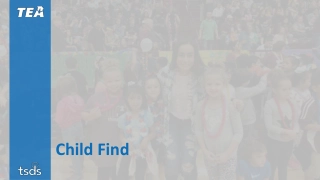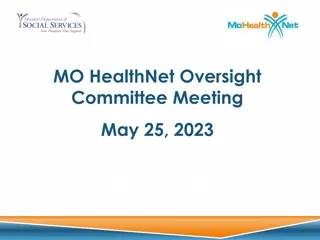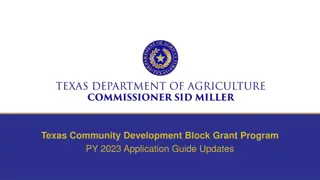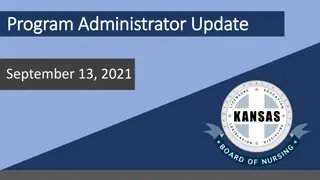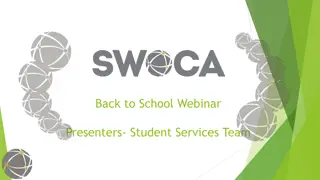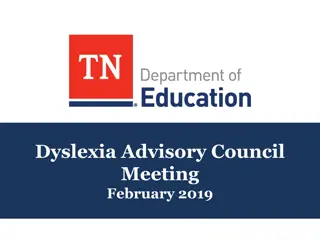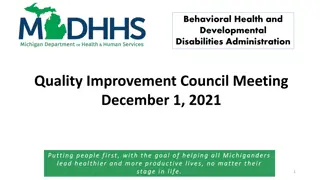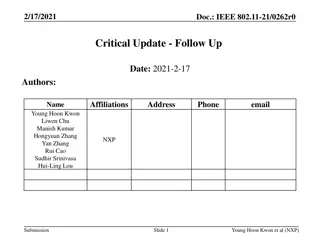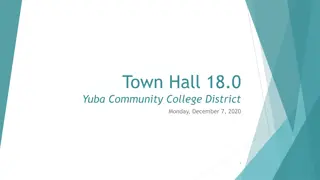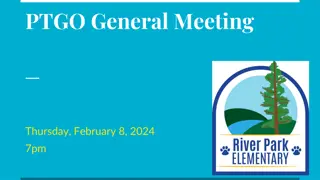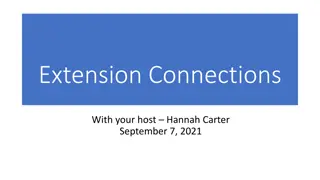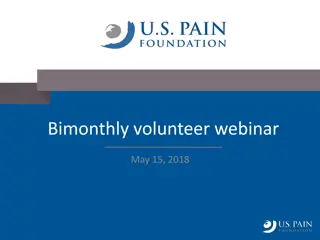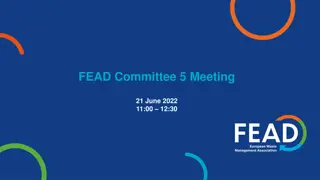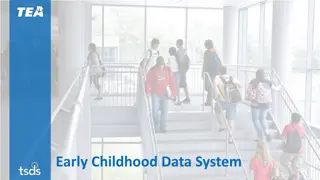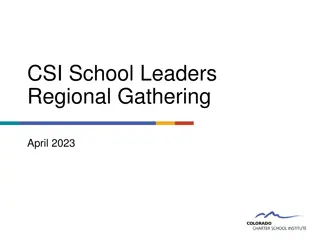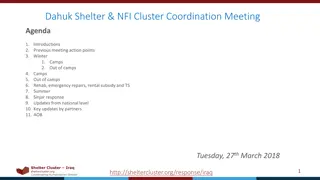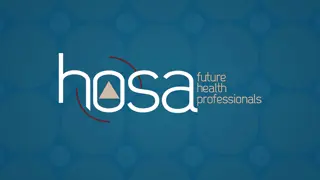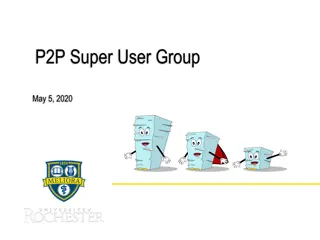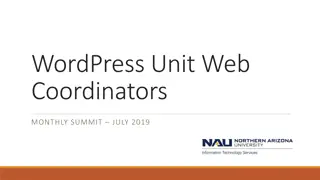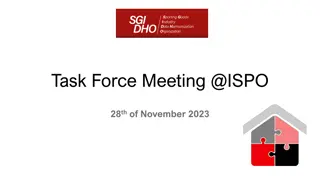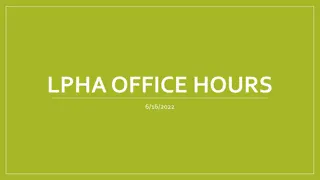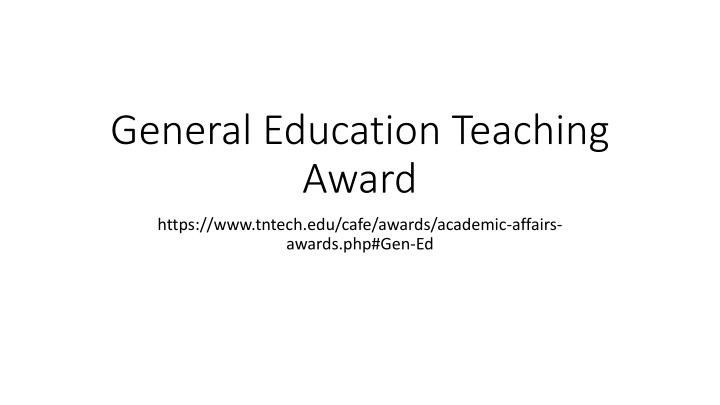
Proposing General Education Courses and Policies
Learn about the procedures for proposing a course as General Education, including major changes, policies, and committee revisions. Explore possible names for the Math category and student learning outcomes in Math & Humanities/Fine Arts.
Download Presentation

Please find below an Image/Link to download the presentation.
The content on the website is provided AS IS for your information and personal use only. It may not be sold, licensed, or shared on other websites without obtaining consent from the author. If you encounter any issues during the download, it is possible that the publisher has removed the file from their server.
You are allowed to download the files provided on this website for personal or commercial use, subject to the condition that they are used lawfully. All files are the property of their respective owners.
The content on the website is provided AS IS for your information and personal use only. It may not be sold, licensed, or shared on other websites without obtaining consent from the author.
E N D
Presentation Transcript
General Education Teaching Award https://www.tntech.edu/cafe/awards/academic-affairs- awards.php#Gen-Ed
Proposing General Education Courses The recommendation has two parts: first a description of procedures to propose a course as General Education and second a form for the proposals
Major Changes No separate process for proposing an existing course to become part of General Education. Use the same process as proposing a new course that counts as General Education: Department, GEC Subcommittee, Large GEC, College, University Curriculum Comm Submit syllabus, establish that course meets SLOs for the category Inclusion of an appeal process if a course is not accepted as General Education Inclusion of the opportunity for a special topics or one-time General Education course (Will the course become a regular course offering or a special, one-time GE course?)
Policies and Procedures Subcommittee NB: Policy 259 will be revised when General Education categories are determined.
Revisions to General Education Committee Procedures The committee will elect a chair from the membership. Two students will be added to the committee membership. The committee will have an Executive Officer and report to the Academic Council. The website will be reviewed every two years or as needed. Rotation of membership
Possible Names for the Math Category 1. Analytical and Quantitative Reasoning 2. Quantitative Reasoning 3. Quantitative Literacy and Computational Thinking 4. Analytical Literacy
Student Learning Outcomes Develop through productive struggle persistence in problem solving and skills in mathematics, computational reasoning, and/or statistical analysis Use mathematical reasoning to solve problems, test conjectures, judge the validity of arguments, check answers for reasonableness, and communicate reasoning and results Use mathematical abstraction, computation, logic, and/or statistical analysis to reason quantitatively and qualitatively Interpret mathematical models or quantitative data from formulas, graphs, and/or tables and draw inferences from that information
Possible Names for the Humanities/Fine Arts Category 1. Humanities and Global Literacy 2. Cultural Expression 3. Global Citizenship 4. Historical Frameworks 5. Leave the categories as is .
Student Learning Outcomes 1. Students will interpret forms of cultural expression within multiple historical, intellectual, and cultural contexts (taken from VA Tech) 2. Students will learn how cultural expression contributes to the development of self and society (taken from Austin Peay) 3. Students will consider questions, solve problems, and take risks as they develop tangible, transferable skills such as critical thinking, creative problem solving, and adaptability (taken from Austin Peay) 4. Students will communicate effectively in more than one language (taken from University of South Carolina) 5. Cultural Diversity: Students will demonstrate knowledge of other cultures, worldviews, frames of reference and modes of expression and interrogate the implications of the cultural rootedness of their own perspectives (taken from Appalachian State University)
Or, Students will demonstrate the ability to 1. Analyze significant primary texts and works of art, ancient, pre-modern, and modern, as forms of cultural and creative expression 2. Explain the ways in which humanities and/or artistic expression throughout the ages expresses the culture and values of its time and place 3. Explore global/cultural diversity 4. Frame a comparative context through which they can critically assess the ideas, forces, and values that have created the modern world 5. Recognize the ways in which both change, and continuity have affected human history 6. Practice the critical and analytical methodologies of the Humanities and/or Fine Arts
History & Social/Behavioral Sciences
Current History and SBS Core at TTU History Social and Behavioral Sciences Four (4) or more learning outcomes must be met for any course(s) in this category. Four (4) or more learning outcomes must be met for any course(s) in this category. Students will demonstrate the ability to.... Recognize, describe, and explain social institutions, structures, and processes and the complexities of a global culture and diverse society. Think critically about how individuals are influenced by political, geographic, economic, cultural, and family institutions in their own and other diverse cultures and explain how one's own belief system may differ from others. \ Students will demonstrate the ability to.... Analyze historical facts and interpretations. Analyze and compare political, geographic, economic, social, cultural, religious, and intellectual institutions, structures, and processes across a range of historical periods and cultures. Explore the relationship between the individual and society as it affects the personal behavior, social development, and quality of life of the individual, the family and the community. Examine the impact of behavioral and social scientific research on major contemporary issues and their disciplines' effects on individuals and society. Using the most appropriate principles, methods, and technologies, perceptively and objectively gather, analyze, and present social and behavioral science research data, draw logical conclusions, and apply those conclusions to one's life and society. Take ethical stands based on appropriate research in the social and behavioral sciences. Analyze and communicate the values and processes that are used to formulate theories regarding the social context of individual human behavior in the social and behavioral sciences. Recognize and articulate the diversity of human experience across a range of historical periods and the complexities of a global culture and society. Draw on historical perspective to evaluate contemporary problems/issues. Analyze the contributions of past cultures/societies to the contemporary world.
Proposed Change to History and SBS Core at TTU: Global Citizenship Learning Outcome Added History Social and Behavioral Sciences Four (4) or more learning outcomes must be met for any course(s) in this category. Students will demonstrate the ability to.... Analyze historical facts and interpretations. Analyze and compare political, geographic, economic, social, cultural, religious, and intellectual institutions, structures, and processes across a range of historical periods and cultures. Recognize and articulate the diversity of human experience across a range of historical periods and the complexities of a global culture and society. Draw on historical perspective to evaluate contemporary problems/issues. Analyze the contributions of past cultures/societies to the contemporary world. Students will demonstrate an understanding of the importance of participating as well-informed citizens in a diverse and global society. https://www.murraystate.edu/academics/University Studies/program.aspx Four (4) or more learning outcomes must be met for any course(s) in this category. Students will demonstrate the ability to.... Recognize, describe, and explain social institutions, structures, and processes and the complexities of a global culture and diverse society. Think critically about how individuals are influenced by political, geographic, economic, cultural, and family institutions in their own and other diverse cultures and explain how one's own belief system may differ from others. \ Explore the relationship between the individual and society as it affects the personal behavior, social development, and quality of life of the individual, the family and the community. Examine the impact of behavioral and social scientific research on major contemporary issues and their disciplines' effects on individuals and society. Using the most appropriate principles, methods, and technologies, perceptively and objectively gather, analyze, and present social and behavioral science research data, draw logical conclusions, and apply those conclusions to one's life and society. Take ethical stands based on appropriate research in the social and behavioral sciences. Analyze and communicate the values and processes that are used to formulate theories regarding the social context of individual human behavior in the social and behavioral sciences. Students will demonstrate an understanding of the importance of participating as well-informed citizens in a diverse and global society. https://www.murraystate.edu/academics/UniversityStudies/program.aspx
Proposed Change to History and SBS Core at TTU: Global Citizenship Learning Outcome Added History Social and Behavioral Sciences Four (4) or more learning outcomes must be met for any course(s) in this category. Students will demonstrate the ability to.... Recognize, describe, and explain social institutions, structures, and processes and the complexities of a global culture and diverse society. Think critically about how individuals are influenced by political, geographic, economic, cultural, and family institutions in their own and other diverse cultures and explain how one's own belief system may differ from others. Explore the relationship between the individual and society as it affects the personal behavior, social development, and quality of life of the individual, the family and the community. Examine the impact of behavioral and social scientific research on major contemporary issues and their disciplines' effects on individuals and society. Using the most appropriate principles, methods, and technologies, perceptively and objectively gather, analyze, and present social and behavioral science research data, draw logical conclusions, and apply those conclusions to one's life and society. Take ethical stands based on appropriate research in the social and behavioral sciences. Analyze and communicate the values and processes that are used to formulate theories regarding the social context of individual human behavior in the social and behavioral sciences. Four (4) or more learning outcomes must be met for any course(s) in this category. Students will demonstrate the ability to.... Analyze historical facts and interpretations. Analyze and compare political, geographic, economic, social, cultural, religious, and intellectual institutions, structures, and processes across a range of historical periods and cultures. Recognize and articulate the diversity of human experience across a range of historical periods and the complexities of a global culture and society. Draw on historical perspective to evaluate contemporary problems/issues. Analyze the contributions of past cultures/societies to the contemporary world. Students will demonstrate an understanding of the importance of civil discourse and participating as well-informed citizens in a diverse and global society. https://www.murraystate.edu/academics/UniversityStudies/program.aspx Students will demonstrate an understanding of the importance of civil discourse and participating as well-informed citizens in a diverse and global society. https://www.murraystate.edu/academics/UniversityStudies/program.aspx History and Social/Behavioral Sciences: 12 total credit hours, to include: (a.) HIST: a minimum of 6 credit hours in HIST courses; and (b.) SBS: a minimum of 6 credit hours in SBS.
Communication & Natural Sciences
Gen Ed SLOs for Communication Working Draft: Students will 1. Construct focused, well-reasoned arguments that reflect an awareness of situations, perspectives, purposes, and audiences. 2. Use traditional and digital strategies to demonstrate effective communication skills (written, oral, visual) in relation to specific rhetorical tasks. 3. Demonstrate the understanding that writing and/or speaking processes include planning, organizing, composing, revising, editing, and sharing through traditional and digital communication (written, oral, visual). 4. Synthesize theoretical and practical knowledge to think critically, solve problems, make distinctions, make decisions, and communicate effectively with audiences.
Gen Ed SLOs for Scientific Reasoning (Natural Science) Working Draft: Students should be able to: 1. Formulate an evidence-based and testable scientific hypothesis about a natural phenomenon or system, conduct a controlled experimental investigation to address a scientific hypothesis, collect and analyze data, and interpret the results in context. 2. Use established scientific ideas and language to construct a well-reasoned explanation for why a phenomenon occurred as it did, or to predict the outcome of a future investigation. 3. Communicate scientific ideas in a variety of formats; depending on context these could be oral, written, diagrammatic, physical model, or algebraic. 4. Analyze and discuss the impact of scientific discovery on human thought and behavior, and understand that the scientific process is a human endeavor that has inherent uncertainty that can be quantified. 5. Apply unifying principles of science and the scientific method to problems or issues of a scientific nature and contrast them to non-scientific explanations.

